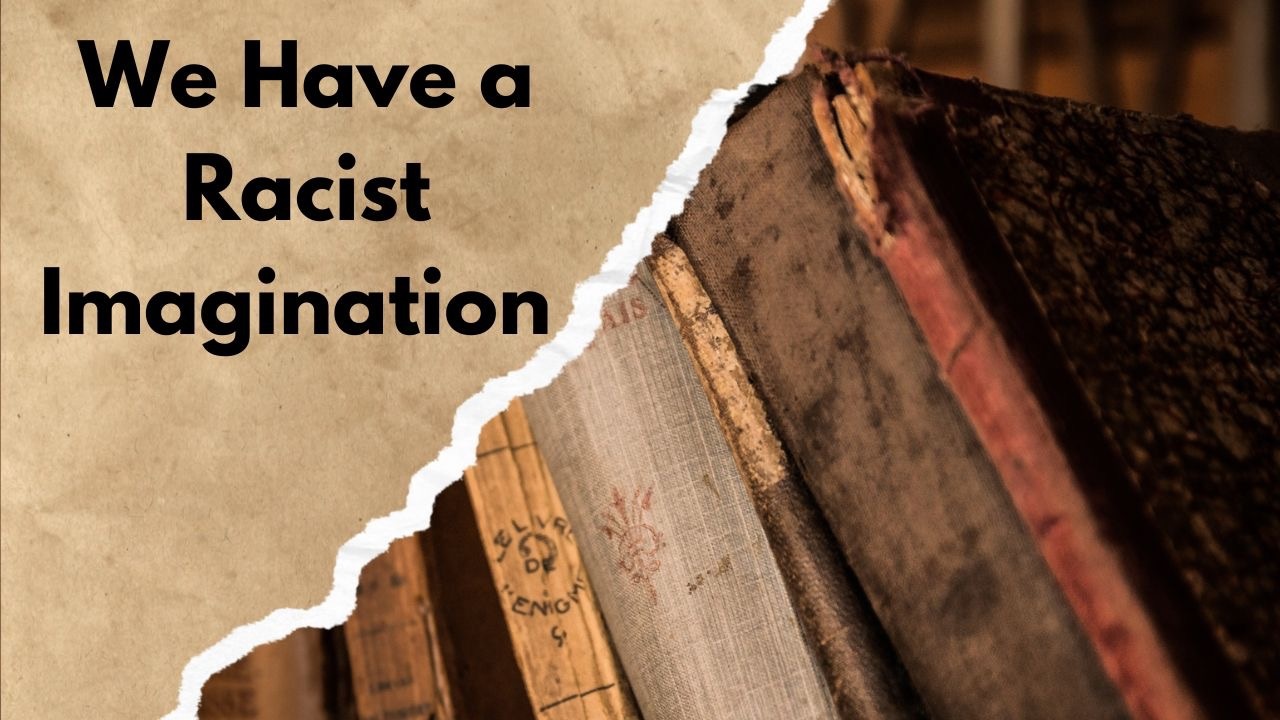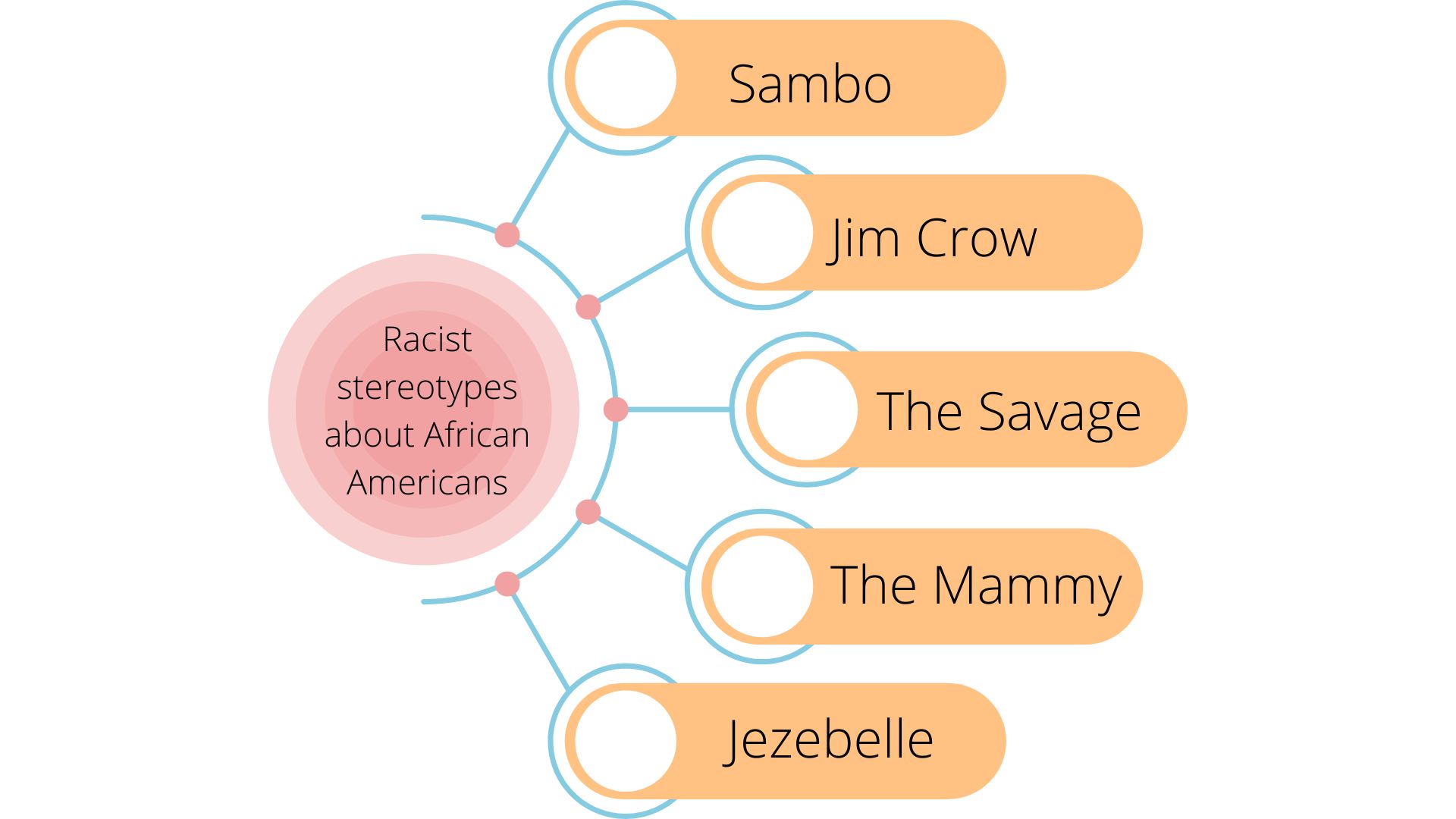
We Have a Racist Imagination
Sep 06, 2022That might sound harsh. It might make you feel defensive. No, I'm not just talking to white people. Yes, this is to everyone.
Think about it: the way our media (books included) have centered Whiteness and kept us in the shadows has certainly shaped the way people see others and themselves. Check out this excerpt from a study at Ferris State University:

People interviewed without a high school degree were more likely to endorse racial stereotypes. You know what that means for us educators? An anti racist education matters. Some of the stereotypes found in books, that exist in our society, as explained in that article are featured in the visual below.

Image (c)2022 Multicultural Classroom
There are stereotypes for all marginalized groups, such as Asians, Indigenous communities, Latinx communities, LGBTQ+ people, and so many others. The ones above are directly connected to current realities faced by African Americans in our society. One simple example is police brutality as a response to the subconscious perception of African American men as savages. These are ideas long held and long sustained by our media. This research by Opportunity Agenda titled, "Media Portrayals and Black Male Outcomes" articulates these connections and makes sense of that group's lived reality today.
So, what do we do as educators? What does this mean for us?
A lot. While it can be overwhelming, there are so many little and important steps (which are therefore big!) we can take.
Consider reading up on anti racist books. Both fictional and historical/non-fiction. Education will open your eyes and help you see in new ways. Look at this quick thread on Twitter outlining some of those resources. That's how we will root this stuff out.
Check out The Anti Racist Teacher Course. I deal with these very issues in that course and include readings, reflections, and more. What is powerful about it, is that it's self-paced and includes opportunity for independent reflection as well as community dialogue.
Look at this Reel I did on Instagram recently where I shared some related prompts as educators think about going back to school. Really, this can be used at any time of the year.
And lastly, here are four quick tips for class:
- Teach anti racist counter narratives.
- Figure out what behavioral rules you have in your classroom and which ones are based on your opinions and culture vs. best practices.
- Audit your books and curriculum and make sure you're welcoming all voices and all histories.
- Think about how grading and other evaluative methods you take might be inequitable and consistently leaving some people out/behind.
There is much work to do, yes, but the good news is you're not alone. Not only are we here, but there's a big community out there trying to make changes one step at a time. Welcome to our classroom. We're so glad you're here.
Don't miss a beat!
Get our blog delivered to your email whenever we post!
We hate SPAM. We will never sell your information, for any reason.

